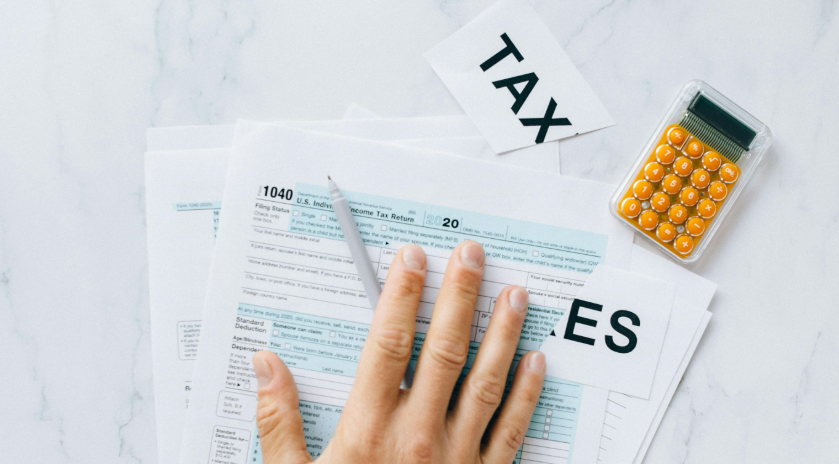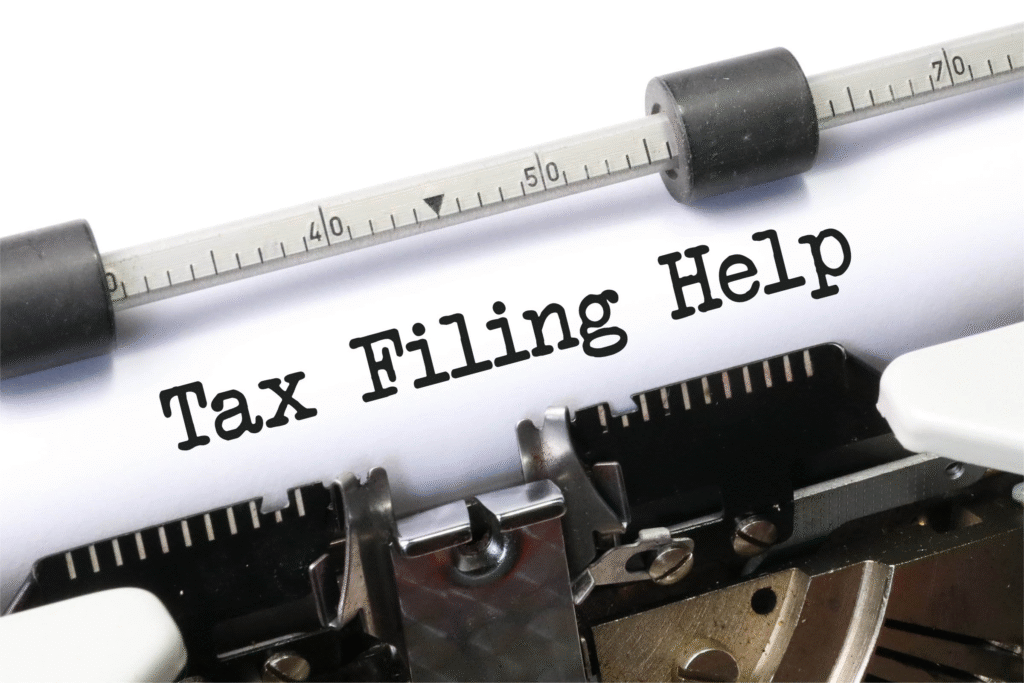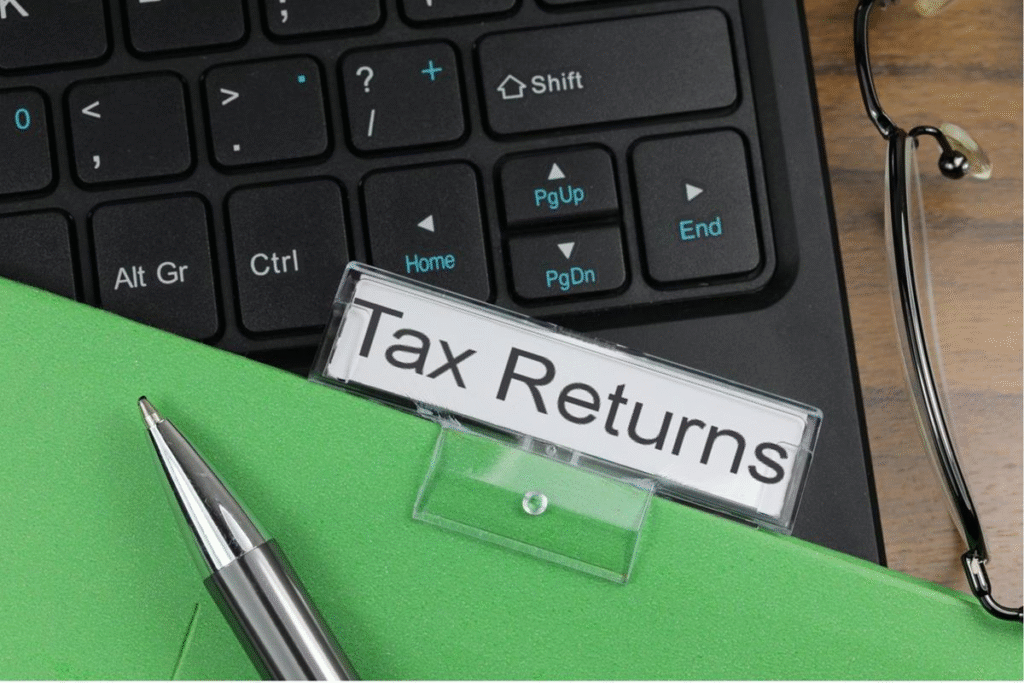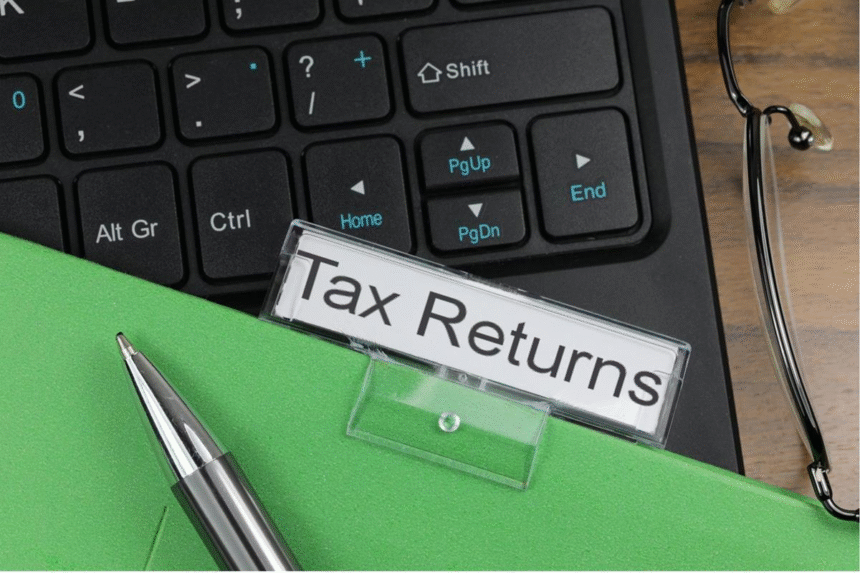In this article, I will cover how much you should earn to file taxes in the 2025 tax year. The conditions for filing depend on your income, age, and status.
Even if you’re under the threshold set by the IRS, you could still gain advantages by filing. Knowing these regulations can help you sidestep costly penalties while also gaining access to important tax credits or refunds.
What is the minimum Income To file taxes in 2025?
The minimum income required to file taxes in 2025 depends on your filing status and age. For instance, if you are a single filer that is younger than 65 years of age, you must file if your income is equal to or greater than $13,850.

If you’re married filing jointly and both spouses are under 65, you must file if your combined income is $27,700 or more. These thresholds increase slightly if you’re 65 or older. It is always better to remain informed about policies, thus, make sure to stay in touch with IRS updates for the prerequisites needed every tax year.
How Much Do You Have To Make To File Taxes?
How Much Do You Have To Make To File Taxes?

According to IRS guidelines, there are filing income minimums, also referred to as thresholds, that determine whether you need to file a return or not.
- Single, under 65: $13,850 income for 2025.
- Married filing jointly, both under 65: Combined income of $27,700 or more.
- Head of household, under 65: $20,800 or more income.
- Married filing separately: Any income above $5.
- Qualifying widow(er): Income threshold is $27,700.
- If you’re 65 or older, the thresholds are higher (example: single and 65+ must file at $15,700 or more).
- Self employed? You must file after reaching a net self-employment income of $400.
- Dependents: Are required to file if surpassing certain limits (earned: ~$13,850, unearned: ~$1,250).
- No filing requirement? It’s smart to file. You may get a refund or credits such as the Earned Income Tax Credit (EITC) or Child Tax Credit.
Special Situations That May Require Filing
Self-employment income (e.g., $400+ rule)
When you have $400 or more in self-employment income, you must file a tax return regardless of whether it’s your only income source. This pertains to freelancing, side jobs, or small business activities. Self-employment income is a category of its own with the IRS, hence one must file even if they’re below the minimal income requirement.
Health insurance premium tax credit
If you got advance payments of the Premium Tax Credit to subsidize your health plan, you must file a return to adjust the amount received versus the amount you qualify for. Failing to file can impact your health coverage subsidy eligibility in later years, regardless of if your revenue is low.
Receiving advance payments or stimulus
If you have received stimulus payments or advance child tax credits, it would be necessary for you to file a return to prove these amounts were accurate. You could also qualify for supplementary credits if you did not receive the total amount initially. Filing enables you to claim the funding as well as adjust your income or dependent information.
Report of income from freelance or gig work.
As long as you engage in any type of gig work, whether it’s Uber, DoorDash, freelancing, or selling on Etsy, it is considered taxable income. Therefore, this income must be reported even when a 1099 form hasn’t been issued.
The existence of this type of income means that you need to submit a tax return, which may require you to pay self-employment tax, regardless of your income being below the customary filing thresholds.
Filing Requirements by Age

How thresholds change if you’re 65 or older:
The IRS increases the minimum income threshold for filing if you’re 65 or older. This adjustment accounts for seniors who may have limited or fixed income sources, such as Social Security or retirement benefits.
The increase in the threshold means older taxpayers can earn more before being required to file a tax return.
2025 Income Filing Thresholds by Age
| Filing Status | Under 65 | 65 or Older |
|---|---|---|
| Single | $13,850 | $15,700 |
| Married Filing Jointly | $27,700 | $29,200 (one spouse 65+) / $30,700 (both 65+) |
| Head of Household | $20,800 | $22,650 |
| Qualifying Widow(er) | $27,700 | $29,200 |
| Married Filing Separately | $5 | $5 |
Situations Where You Should File Even If Not Required
Refund of withheld taxes
If you had federal income tax withheld from your paycheck and your earnings are below the filing threshold, you could still receive a refund. The IRS is obligated to reimburse you any taxes that were overpaid. A lot of part-time and low-income workers neglect this and forfeit money that is rightfully theirs.
Earned Income Tax Credit (EITC)
You do not need to file to be eligible for EITC which is a refundable tax credit designed to benefit low-to-moderate income earners. In 2025, the credit will be worth up to several thousand dollars especially for those with children. To receive this credit, filing a tax return is mandatory, even if there is no tax due.
Education credits
You may qualify for some additional credits such as the American Opportunity Credit or the Lifetime Learning Credit, if you, as a parent, or a student had post-secondary education expenditures. These can lower your tax obligation or actually provide a payment instead. If your income or output in 2025 is low, filing can yield recoverable education expenses up to $2,500.
Retirement contributions (e.g. IRA credits)
If you contributed to a traditional IRA or 401(k) account, you might be eligible for the Saver’s Credit. This specific credit has the potential to lessen taxes by a maximum of $1,000 ($2,000 for those filing jointly). It is especially advantageous to lower-income earners, though it does require filing a return, even if you don’t have a filing requirement.
Common Mistakes and Misconceptions
Misunderstanding gross versus taxable income
People often mix up their gross income (the total income before any deductions) with their taxable income (the net amount after deductions have been made).
Federal filing thresholds are determined by gross income, not taxable income. If you only consider your after-paycheck income, there’s a chance you don’t think of filing, which could lead to issues.
Omitting non-wage sources of income
Additional forms of income like freelancing, interest, dividends, or even unemployment benefits are incredibly easy to gloss over.
Even if the amounts are minuscule from part-time jobs or bank accounts, it still contributes to your gross income. Failure to report all forms of income can result in fines or scrutiny from the IRS. Review every account before filing.
Conclusion
To wrap up, how much is needed to file taxes is determined by your age, income type, and filing status. Regardless of whether you meet the criteria, in some instances it might be advantageous to file for taxes due to refunds or credits.
Make sure to evaluate your overall income and situation—ideally with a specialist—to ensure that every dollar mandated by the IRS is accounted for, while also ensuring that potential savings are not ignored.










